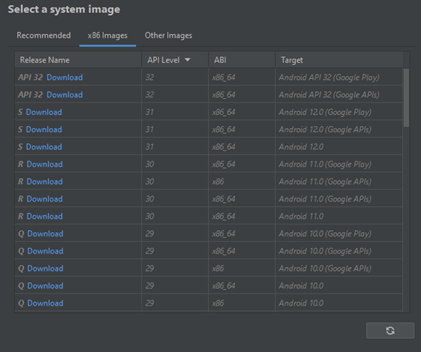ARTICLE
BIG DATA
By School of Information Systems (SIS) • March 4, 2022
Share to your friends:
View Original ArticleBig data is a collection of processes consisting of structured or unstructured large volume of data and is used to help business activities. Big data itself is a development of the database system in general. What distinguishes here is the processing speed, volume, and types of data available in more and more varied ways compared to a Database Management System in general.
Industry analyst Doug Laney articulates the now-mainstream definition of big data as the three V’s:
Volume: Organizations collect data from multiple sources, including business transactions, smart devices (IoT), industrial equipment, video, social media and more. In the past, storing them would be a problem – but cheaper storage on platforms like data lakes and Hadoop has lightened the load.
Velocity: With the growth of the Internet of Things, data is flowing to businesses at an unprecedented rate and must be handled in a timely manner. RFID tags, sensors, and smart meters are driving the need to handle this torrent of data at about the same time.
Variety: Data comes in all kinds of formats – from structured, numerical data in traditional databases to text documents, email, video, audio, stock ticker data, and unstructured financial transactions.
Big Data can function as a tool to find problems in real time, can make decisions quickly and accurately, can see an activity that deviates from the company’s business structure, can save time, costs and improve the performance of an application. In the field of Big Data Technology, it can be seen from applications embedded in Smartphones, Tablets, Ipods, which are none other than GPS (Global Positioning Systems) owned by Google Maps. This application is assisted by Big Data to process and manage various forms of existing data.
Although Big Data provides a lot of convenience in work processes such as management, progress and decision making, there are also challenges that must be faced in using Big Data. As:
- Human Resources
Even though Big Data has developed so rapidly, it turns out that humans can also be an obstacle to this development due to a lack of ability to read data.
- Process
This also greatly affects a development in which a Data Analyst must process data so that it can be accounted for and can maximize its use.
- Processing
Of course there are some difficulties in processing and accommodating a large amount of data, both internal and external.
As time has developed, Big Data has become increasingly important and increasingly used both in social media and E-Commerce platforms, because Big Data can process all existing data, store and analyze various forms of data.
In the end, Big Data plays a very important role in our daily life. Because Big Data has functions and benefits related to the data we use every day. So from that Big Data becomes a stepping stone for us to go to a more advanced world.
Share to your friends:
View Original ArticleMore Articles

ARTICLE School of Information Systems (SIS) • June 9, 2022
Using Google Map Service in Android Development

VIDEO School of Information Systems (SIS) • June 17, 2023
12 Hours Live Prototyping [Protoathon 2023] [PART 3]

VIDEO School of Information Systems (SIS) • December 11, 2023
Momo Farm : Implementasi IoT Pada Smart Farming

ARTICLE School of Information Systems (SIS) • February 25, 2022
Data and Knowledge Management

ARTICLE School of Information Systems (SIS) • November 8, 2023
Pentingnya Software Testing Dalam Pengembangan Perangkat Lunak

ARTICLE Bina Nusantara Mandarin Club (BNMC) • October 11, 2023
Tarian Tradisional China Yang Berkembang Dengan Nuansa Modern

ARTICLE Communication - BINUS Malang • August 29, 2020
Broadcasting dan Jurnalistik, Mana yang Lebih Baik?

ARTICLE BINUS International Office • March 30, 2023
International Week and Partners Day: Celebrating Diversity and Building Connections

VIDEO BINUS TV • September 7, 2022
#Headline - Presiden Jokowi Lantik Azwar Anas Jadi Menpan-RB | JURNAL 19

ARTICLE TFI Student Committee (TFISC) • June 17, 2023